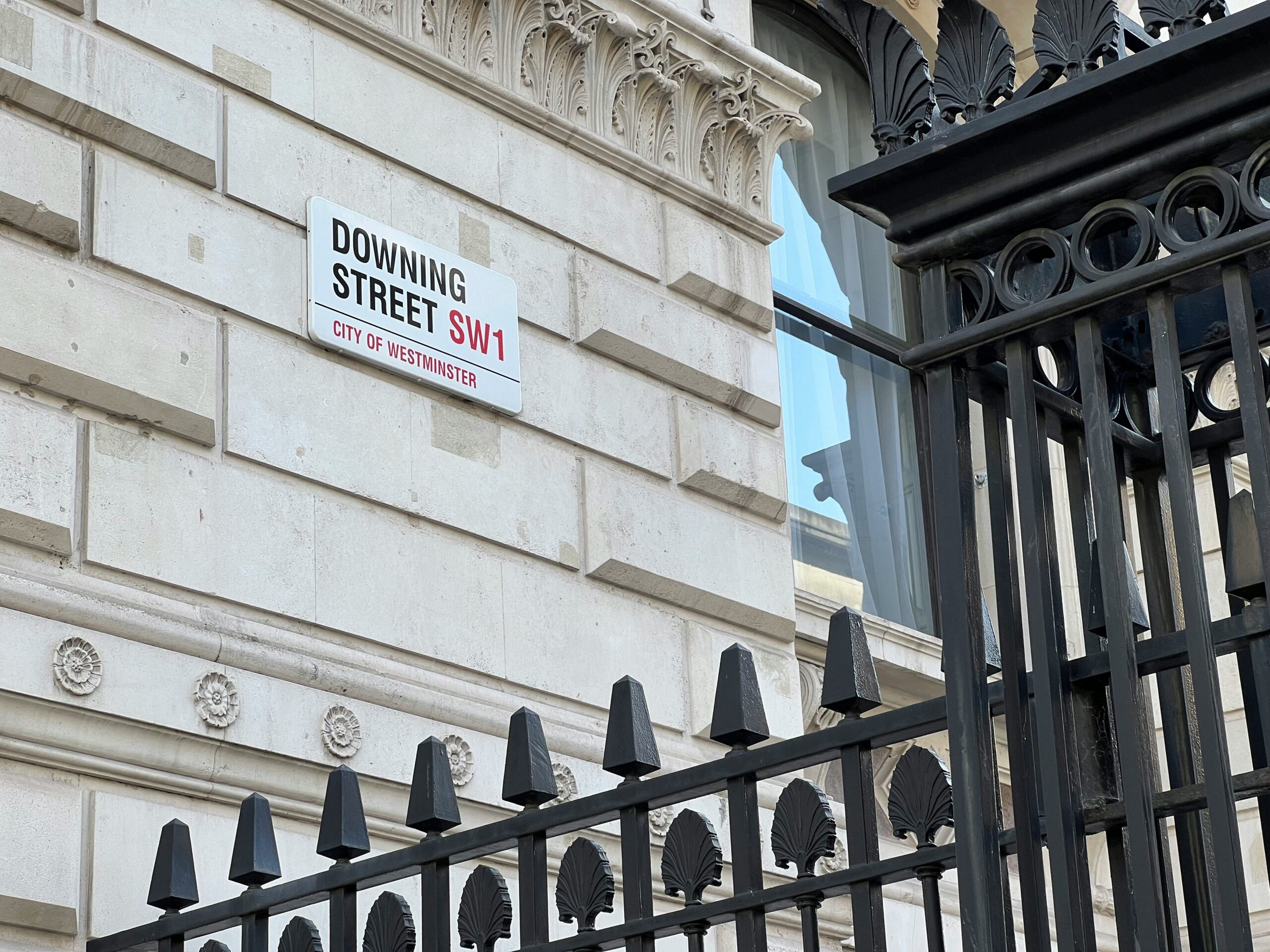
In the Autumn Budget 2024, Chancellor Rachel Reeves introduced several notable changes impacting the UK business landscape. Targeting a £40 billion fiscal deficit, Reeves outlined tax adjustments, wage reforms, and new green investment incentives, many of which could present both challenges and opportunities for UK businesses—especially small and medium enterprises (SMEs).
Corporate Tax Stability – Autumn Budget 2024
To provide businesses with a predictable fiscal environment, Reeves reaffirmed the corporation tax rate at 25%. This decision follows Labour’s campaign commitment to avoid increases in income tax, VAT, or employee National Insurance rates. For businesses, maintaining the corporate tax rate represents stability amid potential hikes and signals continuity in broader tax policy.
National Minimum Wage Increase – Autumn Budget 2024
Starting in April 2025, the minimum wage will increase to £12.21 per hour for workers over 21, reflecting Labour’s vision of a “genuine living wage.” While this change aims to boost living standards, SMEs reliant on lower-wage roles may experience increased labour costs. Businesses operating on thin margins, such as hospitality or retail, might find themselves needing to reassess staffing or pricing strategies to offset rising wage expenditures.
Employer National Insurance Contribution Hikes – Autumn Budget 2024
To address fiscal deficits, Reeves introduced an increase in employer National Insurance contributions, affecting businesses rather than individual employees. This shift targets higher-earning companies but has implications for SMEs as well, potentially pressuring smaller businesses to cut costs or adjust workforce planning.
Capital Gains Tax (CGT) Reform – Autumn Budget 2024
Changes to CGT will gradually align it closer to income tax rates, reducing annual exemptions to £3,000. While aimed at wealthier asset holders, small businesses that rely on occasional asset sales may also feel the effect of reduced exemptions, particularly in sectors where assets play a crucial role in revenue strategy.
Green Investments and Fuel Duty Changes – Autumn Budget 2024
To support Labour’s climate initiatives, Reeves announced the end of the 5p-per-litre cut in fuel duty introduced in 2022. This increase may be challenging for industries dependent on logistics or fuel-intensive operations. However, green investment incentives could benefit SMEs in sustainability-focused fields, offering support for green tech adoption as part of a broader climate strategy.
Inheritance Tax Adjustments – Autumn Budget 2024
Labour plans to cap business reliefs for agricultural and business assets, tightening inheritance tax (IHT) exemptions. Reeves’ objective here is to close tax loopholes primarily benefiting high-net-worth estates. Family-owned businesses relying on generational transfers may need to adjust their succession planning, potentially increasing costs and altering transfer strategies.
Support for SMEs: Labour’s Business Tax Roadmap – Autumn Budget 2024
Despite several tax increases, Reeves announced a “business tax roadmap” designed to clarify and stabilise the tax framework for SMEs. This initiative aims to encourage growth and long-term planning by promoting a transparent fiscal environment. Labour’s approach offers SMEs some certainty in tax planning, supporting more effective decision-making and investment strategies.
Adapting to the Budget: How Precision Can Help – Autumn Budget 2024
The Autumn Budget 2024 introduces complexities, particularly for small businesses facing higher wage and operational costs. At Precision, we understand the unique challenges this budget may bring to SMEs and are here to offer support through these transitions. Our approach is rooted in evidence-based consulting—tailored for the specific needs of small businesses in the lift-off and early growth stages.
Precision’s three-month transformation program focuses on optimising processes, enhancing financial management, and developing resilience to adapt to fiscal changes. By conducting a thorough initial assessment, we help clients map out financial and operational strategies, ensuring they have the necessary systems in place to absorb rising costs without compromising their growth trajectory.
From navigating new tax structures to mitigating wage increases, we provide process-driven solutions that support efficiency and long-term growth. For businesses navigating a tighter fiscal landscape, we help build financial models that can integrate these new costs and provide a sustainable path forward.
Looking Forward
As SMEs adjust to Rachel Reeves’ budget initiatives, careful planning and expert guidance can make a difference. Precision’s tailored strategies focus on creating efficiencies and financial stability to thrive, even in challenging economic conditions. With our experience and evidence-based approach, we’re prepared to support small businesses in achieving resilience, regardless of the fiscal landscape.
For SMEs seeking structured support in light of these changes, Precision Management Consulting is here to help every step of the way.
